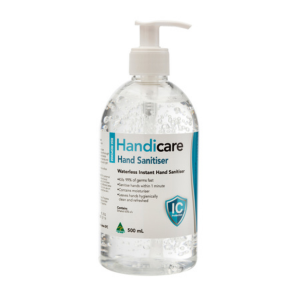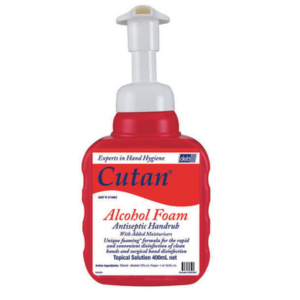- Influenza (Flu): Spread through droplets and contact. Symptoms include runny nose, aches and pains, fever, and tiredness.
- Norovirus, Rotavirus (Gastro): Spread through droplets and contact. Symptoms include diarrhoea and/or vomiting.
- Skin Infections (Scabies, Impetigo): Spread through contact. Symptoms include rashes, redness, swelling, and boils.
- Tuberculosis (TB): Spread through airborne particles. Symptoms include a severe cough, sweating, fatigue, and fever.
- Multi-resistant organism (MRO)
- Examples of Multi-Resistant Organisms
- Methicillin-resistant Staphylococcus aureus (MRSA): Higher risk in individuals with open wounds, invasive devices, and weakened immune systems.
- Vancomycin-resistant Enterococci (VRE): Spread through contact, commonly infecting the intestines, urinary tract, and wounds.
- Clostridium difficile: Causes diarrhoea and spreads through contact with spores shed in stools, which can survive in the environment for a long time. Residents and clients on antibiotics may experience diarrhoea, which can lead to dehydration and illness. Report all cases of diarrhoea, especially if the resident/client is on antibiotics, as some forms of Clostridium difficile are MROs.
- What Can You Do?
- Follow your organisation’s infection control practices and this mini guide.
- Consult your supervisor if you have any uncertainties.
- Inform your supervisor if you experience diarrhoea, vomiting, fever, sore throat with fever, or jaundice.
- Report any infected skin lesions (e.g., sores, boils, cuts, or discharges from ears, nose, or eyes) to your supervisor.
- Stay home when sick and only return to work after being symptom-free for 48 hours.
- Keep your immunisations up to date and get yearly influenza vaccinations. Encourage residents and clients to do the same.
- Be mindful of what you bring home: change clothes at work if contaminated with blood or body fluids, wash clothes thoroughly, avoid false fingernails, and minimize jewellery.
Standard Precautions
Standard precautions are essential practices applied universally to ensure safety and prevent infection. These include:
- Hand hygiene
- Respiratory hygiene/cough etiquette
- Personal protective equipment (PPE)
- Handling of medical devices
- Cleaning and managing spills
- Handling of food, waste, and linen
These precautions should be used for:
- All residents/clients
- All work practices
- All the time
Standard precautions are crucial at all times, regardless of where care is being provided.
Transmission-Based Precautions
These are additional practices used when standard precautions alone are insufficient. They vary based on how the infectious agent spreads (contact, droplet, and/or airborne). Transmission-based precautions are used alongside standard precautions in specific situations, such as when a client or resident has gastroenteritis.
Residents and clients in aged care should be informed that every effort is being made to protect them from infection. When applying standard and transmission-based precautions, it’s helpful to explain what you are doing and why. Remember, infection control protects you too.


